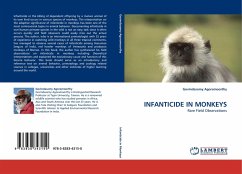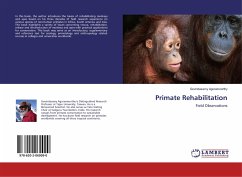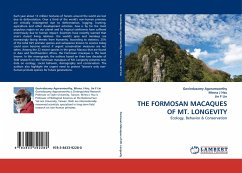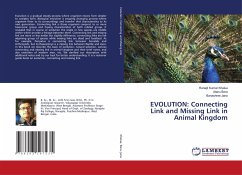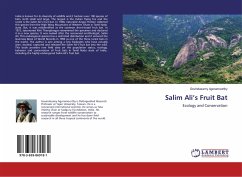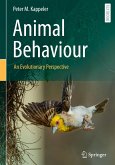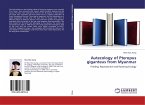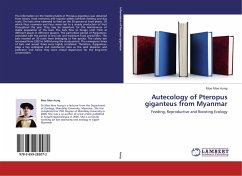Infanticide or the killing of dependent offspring by a mature animal of its own kind occurs in various species of monkeys. The interpretation on the adaptive significance of infanticide in monkeys has been one of the most controversial topics in animal behavior. Documenting infanticide in non-human primate species in the wild is not an easy task since it often occurs quickly and field observers could easily miss out the actual process. The author, who is an international primatologist with 25 years of experience in watching wild monkeys in all three tropical continents, has managed to observe several cases of infanticide among Hanuman langurs of India, red howler monkeys of Venezuela and proboscis monkeys of Borneo. In this book, the author has synthesized his field observations on infanticide in monkeys including theoretical interpretations and explained the evolutionary cause and function of this bizarre behavior. This book should serve as an introductory and reference text on animal behavior, primatology and zoology related courses in colleges, universities and other institutes of higher learning around the world.
Bitte wählen Sie Ihr Anliegen aus.
Rechnungen
Retourenschein anfordern
Bestellstatus
Storno

